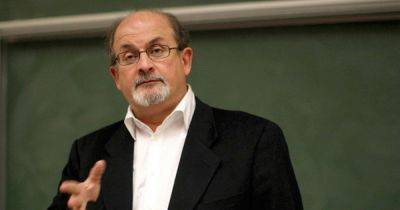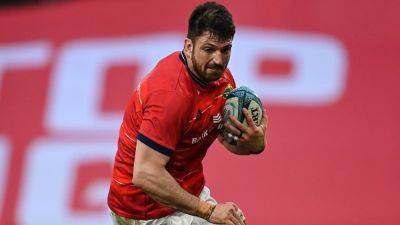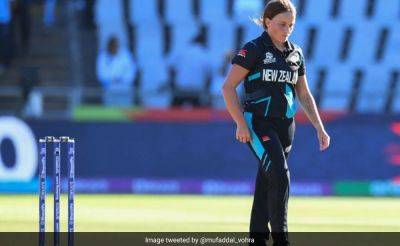Here is a radical new philosophy: making sport fun again
C an it be true that there are new, radical moves at play across all levels of sport based on a fresh, innovative philosophy: allowing sport to be fun again? In the buildup to the first Ashes Test, Ben Stokes revealed the philosophy and culture of the England cricket team’s turnaround has been to “make it as fun as you can”. No mention of sophisticated marginal gains or advanced data analytics. And at the other end of sport, there are serious (and long overdue) moves to boost children’s activity levels through improving how youngsters experience sport.
Sport England recently launched a national campaign, Play Their Way, to put “children’s enjoyment at the heart of all sport and physical activity”. But the fact we need a national campaign to do this offers a damning indictment of the state of youth sport and activity. What has gone wrong, what have we learned, and what is actually going to make this work?
The Youth Sport Trust recently published its annual report, hammering home the fact that our children are unhealthier, unhappier and more distracted than ever – and desperately in need of regular activity to help them with all aspects of their physical, mental and emotional development.
Less than half of young people in England are meeting minimum physical activity levels and PE hours have fallen in the last decade (alongside the number of PE teachers). We need to wake up to the consequences of how children are experiencing sport, if they are experiencing it at all. Access and opportunities to get active are too narrow with costs and financial barriers increasing. Many are turned away or turned off by predominant talent‑identification, trialling and selection processes, and elite programmes at an ever-younger age.
Too







